During the earnings call, CEO Tim Cook dodged as many questions as he answered about Apple's AI plans, but did share some insights into the company's philosophies about the approach.
While Apple has consistently integrated AI into its devices and services, it has yet to unveil a flagship generative AI product or large language model. In statements on Thursday, Cook make it clear that Apple already uses artificial intelligence in products now.
He didn't detail where — but that's been made clear over the years. But, for example, FaceID uses neural networks to securely recognize a user's face, even as their appearance changes over time, by processing and learning from various facial angles and features. Similarly, Apple Music employs machine learning algorithms to analyze users' listening habits and preferences to offer personalized playlists and song recommendations.
Cook and Apple have consistently maintained a policy of not commenting on unannounced products. But in the earnings call after the announcement, he emphasized ongoing extensive investments in AI technologies, promising exciting developments to be announced later in 2024.
"We believe in the transformative power and promise of AI, and we believe we have advantages that will differentiate us in this new era, including Apple's unique combination of seamless hardware, software, and services integration, groundbreaking Apple Silicon with our industry-leading neural engines, and our unwavering focus on privacy, which underpins everything we create, Cook said.
But, he wasn't done.
"As we push innovation forward, we continue to manage thoughtfully and deliberately through an uneven macroeconomic environment and remain focused on putting our users at the center of everything we do," Cook said.
The AI capabilities of the Apple Watch, as noted by Cook, are underpinned by the device's use of machine learning algorithms to enhance health monitoring and user interaction features. These capabilities include heart rate monitoring, activity tracking, and even the detection of irregular heart rhythms and falls.
All of these are functions that utilize AI to analyze data in real time and provide actionable insights directly on the user's wrist.
Additionally, details from the earnings call and previous reports hint at projects like "Ajax" and enhancements to "Safari's intelligent browsing." All of these leverage AI to refine user interactions and data processing without infringing on user privacy.
As a further security component, the Neural Engine is designed specifically to handle machine learning operations, enabling more efficient processing of AI tasks directly on the device, which enhances performance and protects user privacy. The chip allows Apple to embed AI functionalities across its product range.
The AI-driven features in Safari are intended to streamline browsing, making it faster and more intuitive, while "Ajax" is expected to offer sophisticated AI interactions securely, ensuring that user data is handled responsibly.
Apple's steady approach to AI contrasts with the rapid, sometimes preemptive product launches seen in other tech giants. The company prefers to develop its technologies behind the scenes.
 Andrew Orr
Andrew Orr
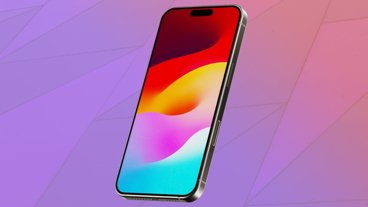




-m.jpg)






 Charles Martin
Charles Martin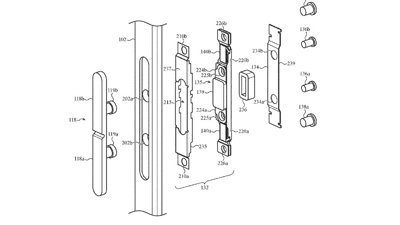
 Marko Zivkovic
Marko Zivkovic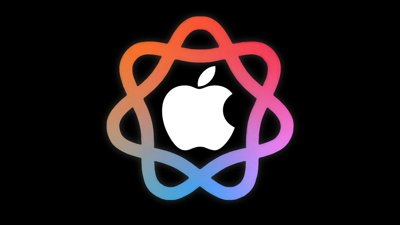
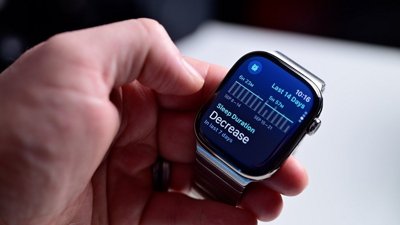
 Malcolm Owen
Malcolm Owen
 William Gallagher
William Gallagher

 Christine McKee
Christine McKee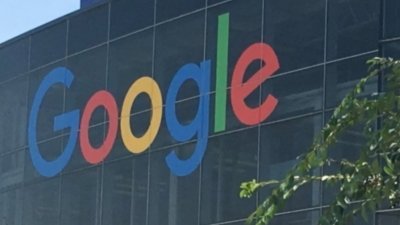





-m.jpg)




8 Comments
Tim was doing a lot of spin there.
"
Well, are we supposed to read 'Apple' in that? In that case he's not really saying anything at all. Or is he saying that combining hardware and software seamlessly, is unique to Apple? That would be painfully false.
Not that he had much option, though. It was more like a duty. No one can complain about that but the truth is, and Apple basically recognises this, that Apple got caught out here by an industry swing it hasn't been able to match yet.
No end of talk about neural engines and machine learning, LLM's etc will cancel out the fact that everyone has been doing the same over the last seven years.
When people talk about AI today it's all those elements and more. It is the more that Apple hasn't produced yet.
What Apple is talking up now (because WWDC is right around the corner and the iPad will come even sooner) is its very late entrance to the field. Although late is better than never.
Internally, I'm sure they're reflecting on how this situation came about (they literally went through an entire WWDC keynote trying not to utter the letters AI) but after shutting down the car project (freeing up resources) and snapping up startups etc, the 'Yikes! anxiety episode' is coming to a close even as rumours still persist of licencing technology from outside. Hence the talk of a 'new era' (which actually came to market a couple of years ago and has progressed at breakneck speed since. Up to now Apple has simply had to watch it race by.
It's probable the iPad AI news (from yesterday) will ship right out of the gate. As for the rest, I suppose it would be logical for that to roll out during the developer previews and reach users late this year. Still a way off.
Only then will the heat be off.
It will be interesting to see if they finally produce a full AI hardware/software stack too (interconnects, runtimes, inference...) or do what they've done up to now. Also how they plan (or not) to monetise it. Like Samsung, Google or in some other way.
I think they'll make a big deal out of what can be done locally although that really isn't something people really yearn for as a must have feature. But they should definitely flaunting what they've got so that's completely normal.
No doubt someone will create an AI based live counter to tally up the amount of times someone says AI at the keynote. LOL.
Although I have a suspicion that they will be trying to brand it in some way, and although I've joked about it in the past, I do think 'Apple Intelligence' will have done the rounds at high level marketing meetings.